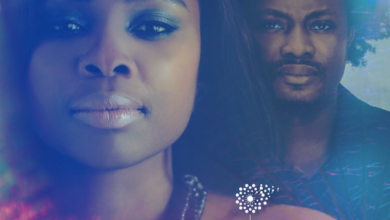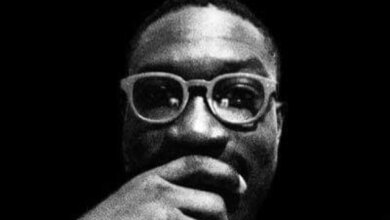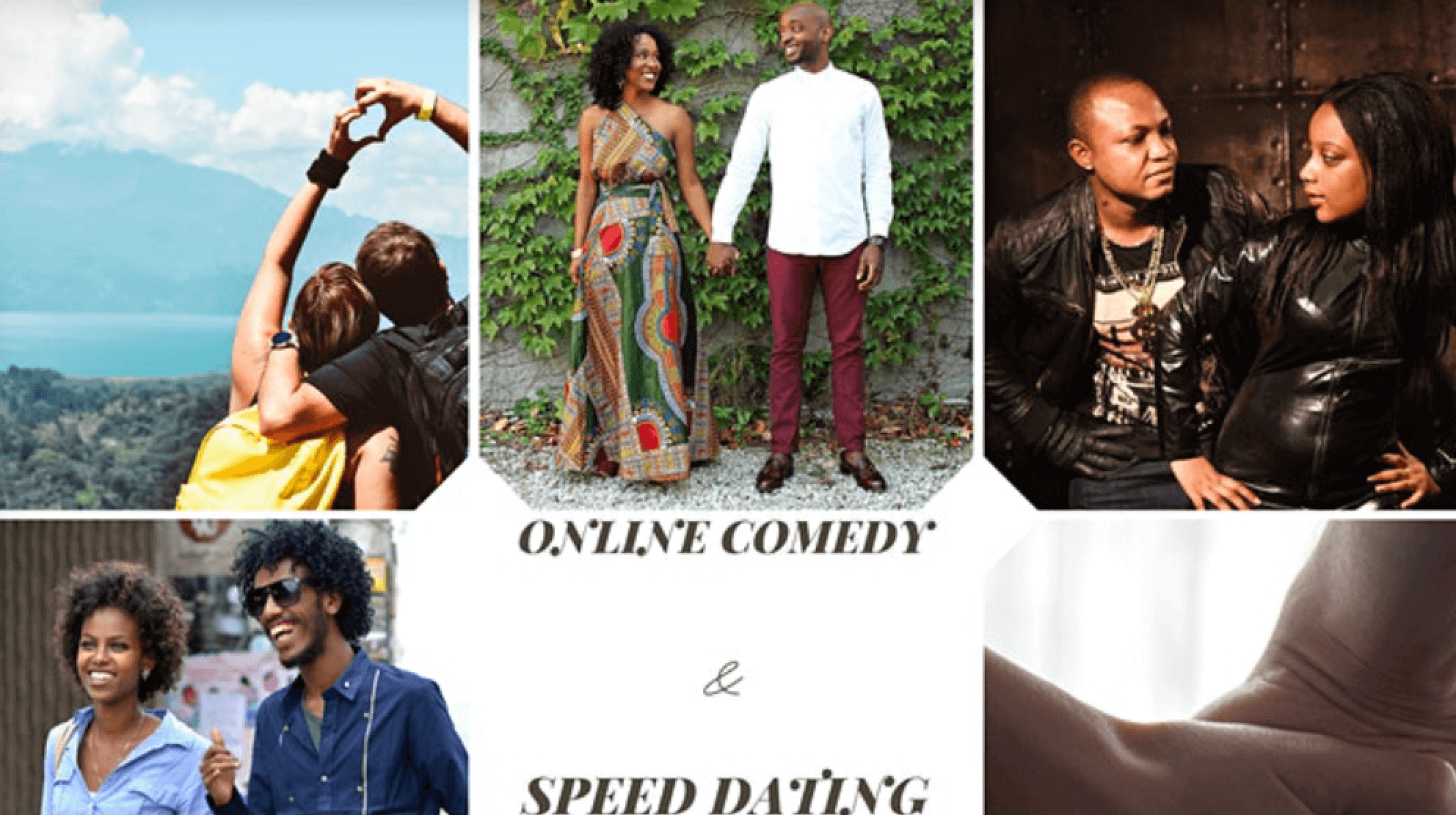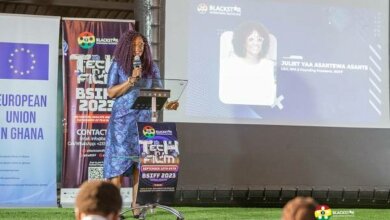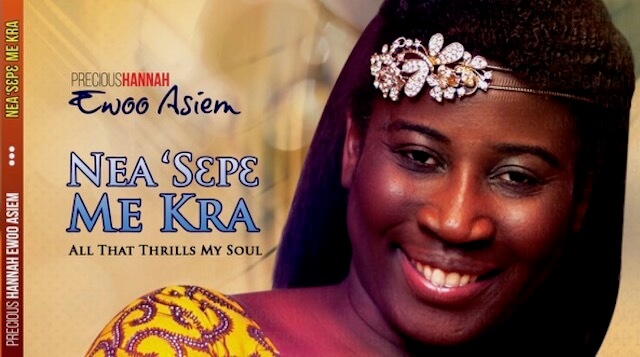YouTube’s Alex Okosi sees ‘tremendous’ opportunity in Africa’s creative market
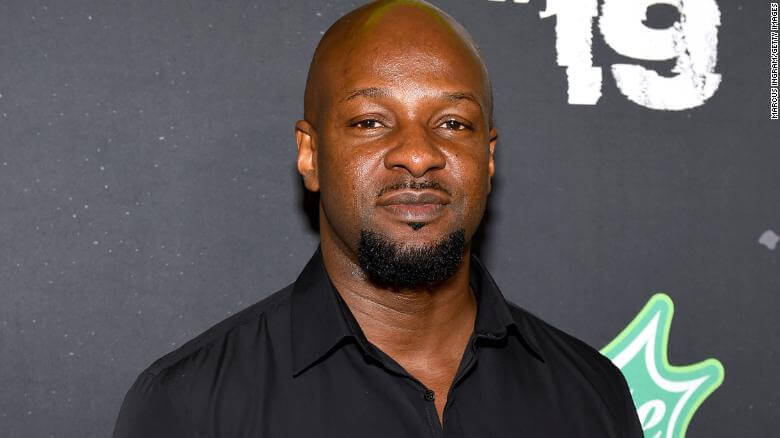
Throughout the Covid-19 pandemic, as stay-at-home orders continue to roll out across the world, millions of people are turning to the internet for everything from virtual learning and working from home to entertainment and social media — leading to a surge in usage.
For video hosting sites such as YouTube — which boasts more than two billion users per month — the pandemic means how-to’s, self-care and social connection videos are becoming even more popular. More eyes on the platform are also giving rise to new stars in new places, including Africa.
With more than 70% of its video watch time coming from mobile devices, YouTube is increasingly focused on the growing African market — with 475 million people in sub-Saharan Africa alone projected to have mobile internet access by 2025.
Last week, YouTube named 20 African creatives as part of its inaugural Black Voices initiative, joining other entertainment giants such as Netflix and Disney to announce partnerships with African artists and production companies in the last year.
CNN’s Eleni Giokos recently spoke with Alex Okosi, YouTube’s managing director of emerging markets in Europe, the Middle East and Africa, to talk about the opportunities he sees in the future for African creatives.
This interview has been edited and condensed for clarity.
Eleni Giokos: How important is the African market for YouTube?
Alex Okosi: It’s important enough that I’m here. It is important that YouTube is actually investing, and it has been investing in Africa. We’ve launched YouTube music in Nigeria. We have an amazing cross-functional team of people, across all of YouTube and Google that are really focused on how we grow in Africa and make sure that we continue to nurture the talent that we have.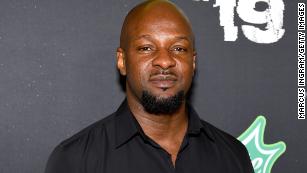 Alex Okosi, pictured here in 2019, joined YouTube last year.
Alex Okosi, pictured here in 2019, joined YouTube last year.
EG: How do you view yourself as YouTube versus the other platforms that are really gaining popularity?
AO: At the end of the day [it] is great to have competition, right? I think it does provide diversity for users and also for creators. I think the power of YouTube, what it can do, we are able to connect people. We are able to inspire people. We’re able to educate people. If you see what’s happened over this period that we’re living through — this incredible pandemic — more people have leaned into YouTube for a variety of different things.How Facebook’s Africa expansion could help foster new hubs like Nigeria’s ‘Silicon Valley’
EG: I want to talk about how the African continent is represented on YouTube. Do you feel there’s still work to be done? Where are we at right now and where do you want to take this?
AO: We have incredible creators on the platform from Africa. The reality is that the platform is still growing on the continent, that we have a whole bunch of users that also want to share content on a platform. And I think as we move forward and continue to optimize the platform and also data prices continue to get cheaper for people to come online and create, I think you’re going to see more and more people really realizing their full potential on the platform. So for us, it’s really how do we make sure that we continue to work with our partners, our creators and artists to help nurture and provide them with a safe, powerful platform for them to be able to grow their impact?
EG: What kind of role do you think the creative industry could have on the continent, percentage-wise? I mean, it’s pretty much untapped from what I’m hearing. We don’t have the research, right? But we know we’re good at this.
AO: No, the research is not there. What I can tell you is that the opportunity is tremendous. I still think there’s a huge gap in terms of what we can do in the creative space. Just take a look at what we’ve been able to accomplish in the music side. You know, 15 years ago, African music was not something that the world knew about. The platform was created, and now on YouTube, people can access African music immediately and enjoy it.
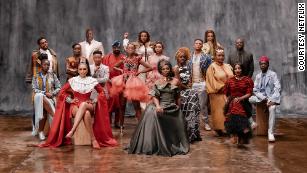
Behind the scenes with Netflix in AfricaEntertainment giant Netflix has turned its focus to the African continent. Its “Made in Africa” collection features more than 100 titles from African creatives. The company tapped Kenyan entertainment veteran and film producer Dorothy Ghettuba (third row, second from the left) as its head of African Original Programming. “We want our African stories to be watched across the globe,” she told CNN.
EG: During the pandemic we’ve seen African stars rising. Whether it’s Kenya and Nigeria, from comedians to chefs, to whatever you could think of, we’re really shining over this time. What is the most exciting space for you right now?
AO: I think the exciting space for us is really across all those genres. There’s a diversity of creatives across all different spaces that really, really shine on the platform. The reality is that now more than ever, when people are not able to get out and do more, they are looking for those spaces that allow them to be in the know of what’s going on. It’s been a difficult time. And what we’ve also tried to do in this period is make sure that we are focused on raising authoritative voices.
Credit:cnn.com
Christopher Sam is a savvy web designer and developer with advanced knowledge in Search Engine Optimization. The certified Google Trainer is also a trusty contributor to this website.

